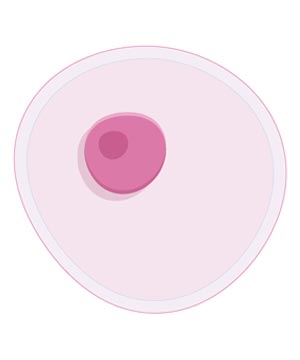Meditations and Learnings
Meditations and Learnings
Homeostasis

The first thing to note about homeostasis is that it is thought to be ‘static’ but is actually a dynamic process. On the surface our body temperature appears to be somewhat consistent, our heart rate regular, our breathing normal. Internally our biology is undergoing a frantic effort to keep it all running - appreciating this intensely effortful phenomena constituting homeostasis makes for important context.
In an organism we can focus on emotions and feelings - these are distinct subjects. Emotions are action programs, like metabolic functions, which relate to homeostasis and are the generators of feelings. The feelings generated by these emotions are not stored as memories, it is the commentaries on those feelings that is remembered.
The nervous system can be thought of a central computer of these emotions, A precursor to the nervous system can be seen even in single cell organisms which act similarly but do so without minds. For example, the cells are social during scarcity, loners in abundance, and defensive or avoidant when in danger.
Brains evolved within the organism alongside the rest of the body and are tightly integrated. Bodies work in cooperation with the brains to create images reflecting state in accordance with homoeostasis. Images should be conceptualised as the maps with the nervous system serving the function of the paper on which they are drawn - sights, sounds, smells, touch, etc. Worth noting is that the gut was in essence the first brain.
Homeostasis in humans in effect plans for future; we do not simply eat until we have exactly the energy needed right now. We are compelled to overeat, supplying fat stores and protecting against future scarcity.
Our cultures and institutions are developed on a core of feeling which is subsequently reasoned through intelligence. The distinction between a rational and an affective organism is false, in Antonio Damasio’s book, Descartes’ Error, it was shown that without emotion humans are unable to make even the most basic of life decisions because sometimes there is no purely rational option.